LEARNING ONES NATIVE TONGUE
LEARNING ONES NATIVE TONGUE
Citizenship, Contestation, and Conflict in America
TRACY B. STRONG
THE UNIVERSITY OF CHICAGO PRESS | CHICAGO AND LONDON
The University of Chicago Press, Chicago 60637
The University of Chicago Press, Ltd., London
2019 by The University of Chicago
All rights reserved. No part of this book may be used or reproduced in any manner whatsoever without written permission, except in the case of brief quotations in critical articles and reviews. For more information, contact the University of Chicago Press, 1427 E. 60th St., Chicago, IL 60637.
Published 2019
Printed in the United States of America
28 27 26 25 24 23 22 21 20 19 1 2 3 4 5
ISBN-13: 978-0-226-62319-1 (cloth)
ISBN-13: 978-0-226-62322-1 (paper)
ISBN-13: 978-0-226-62336-8 (e-book)
DOI: https://doi.org/10.7208/chicago/9780226623368.001.0001
Library of Congress Cataloging-in-Publication Data
Names: Strong, Tracy B., author.
Title: Learning ones native tongue : citizenship, contestation, and conflict in America / Tracy B. Strong.
Description: Chicago : The University of Chicago Press, 2019. | Includes index.
Identifiers: LCCN 2019016598 | ISBN 9780226623221 (paperback) | ISBN 9780226623191 (cloth) | ISBN 9780226623368 (ebook)
Subjects: LCSH: CitizenshipUnited StatesHistory. | CitizenshipPolitical aspectsUnited States.
Classification: LCC JK1759 .S87 2019 | DDC 323.60973dc23
LC record available at https://lccn.loc.gov/2019016598

This paper meets the requirements of ANSI / NISO Z39.48-1992 (Permanence of Paper).
In memoriam, Charles E. Nathanson, American great spirit and good friend
For, dear me, why abandon a belief
Merely because it ceases to be true.
Cling to it long enough, and not a doubt
It will turn true again, for so it goes.
Most of the change we think we see in life
Is due to truths being in and out of favor.
... Oftentimes, I wish...
I could devote and dedicate forever
To the truths we keep coming back and back to.
ROBERT FROST , THE BLACK COTTAGE
CONTENTS
This book has been long in the making. I come to it as an American who spent most of his childhood and adolescence in other countriesfirst the Far East, then Europe. But I also come to it as a white Anglo-Saxon whose family was always quietly though never ostentatiously conscious of an American ancestry extending back to the early seventeenth century and before that to minor and major English aristocracy (or so some of my ancestors liked to believe). I have thus sought to come to grips with my country without ever actually having grown up in it. I am thus perhaps differently conscious of its promises and its failures than someone whose formative years were concretely in this land. I write this book in the period following the election of Donald Trump as presidentand do so with a sense of the dangers of loss.
Over the years, I have taught versions of this book. Its origins come from a sudden decision between Steven Hahn, Charles Nathanson, and myself, all of us then in different departments at the University of California, San Diego. Fueled no doubt by a little too much spirit, we agreed that the university needed a course on this topic and eight weeks later found ourselves teaching it. What follows in this book owes much to those friends and that original course, as well as to the contributions in a subsequent year of Professor Rachel Klein. Subsequently, I have taught the entire material by myself. Steven is now at the University of Pennsylvania; Chuck passed away in 2003I mourn him and dedicate this book to his memory.
Most of my debts will appear in the footnotes to this book. Aside from those mentioned above, I might note in particular the work of Alex Gourevitch, Alexander Keyssar, Maurice Isserman, Leon Fink, Rogers Smith, Peter Irons, Todd Gitlin, Michael Schudson, Sherry Turkle, and James Miller. Wilson Carey McWilliamss The Idea of Fraternity in America has informed me since before it was written. I should also acknowledge the presence of two voices who have helped me up several stairs: Stanley Cavell and George Kateb.
An earlier version of a portion of has appeared in The Social and Political Construction of the Cold War, in American Foreign Policy: Studies in Intellectual History, ed. Jean-Franois Drolet and James Dunkerley (Manchester: Manchester University Press, 2017).
I am grateful to the librarians at the Houghton Library (Harvard University), the John Carter Brown Library (Brown University), the Suzzallo Library (University of Washington), and the Butler Library (Columbia University) for permission to consult and use archival material deposited there. I thank Lori Meek Schuldt for her careful and intelligent assistance during the production process.
I am also in particular debt to the Leverhulme Trust of Great Britain for awarding me a fellowship in 2016 that permitted me to take a year from teaching duties and write this book.
I thank my students in the courses where this material has been taught. I began teaching these themes at the University of California, San Diego, an extraordinary institution still at that time in the process of making and finding itself. I teach now at the University of Southampton in the United Kingdoma new and receptive dwelling place. My thanks in England go especially to David Owen.
In America, men are born equal so they do not have to become so.
ALEXIS DE TOCQUEVILLE , DEMOCRACYINAMERICA
In Platos account, Socrates opens his defense at his trial for corrupting the youth and not believing in the gods of the polity in the following manner:
How you, men of Athens, have been affected by my accusers, I do not know; but I, for my part, almost forgot my own identity, so persuasively did they talk; and yet there is hardly a word of truth in what they have said. But I was most amazed by one of the many lies that they toldwhen they said that you must be on your guard not to be deceived by me.
I begin with this citation because the questions I raise in this book are as old as our sense of the issues raised by membership in a polity. Socrates starts his defense by expressing his distress that a false understanding of his membership as an Athenian has almost made him lose his own sense of his identity as an Athenian.
Our situationas it appears to meis not that different from that of Socrates. The underlying claim in this book is that one should or can cast the question of citizenship of Americans not as a right (though it is that) but politically. This means that I understand the question of being or becoming a citizen as requiring that individuals can successfully and publicly claim to meet certain criteria that are taken to define (at that time, at that place, for this particular set of reasons) what being a citizen entails and requires, and that they have that claim acknowledged. Being a citizen thus entails more than simply suffrage, although it most often does entail that. Obviously, then, these criteria change over time in and as response to historical developments; as important, they are thus always the subject matter for political controversy and conflict. (One has only to think of voting rights for women or for blacks in America). I examine these conflicts and the ensuing changes in the conception of citizenship and perforce pay attention to what difference each change makes and what each particular winning conception entails socially and politically. As the criteria change, some qualities are lost, others are gained. The nature and value of these losses and gains are the subject of this book.

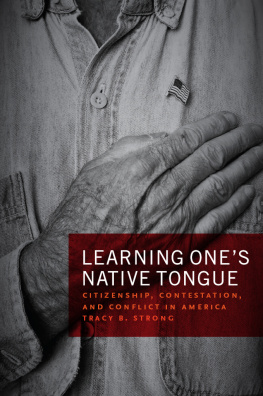

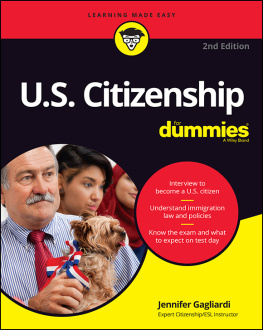
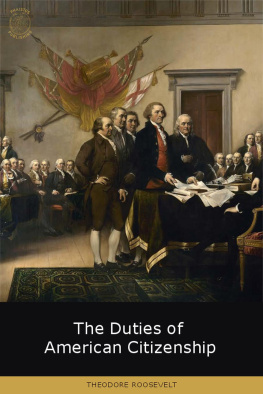
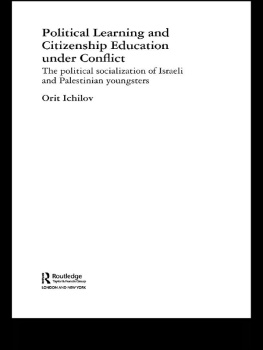
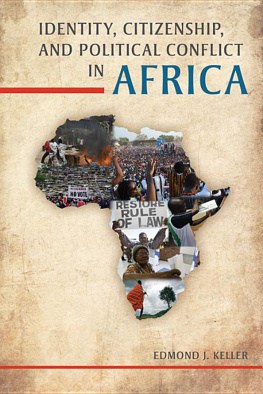
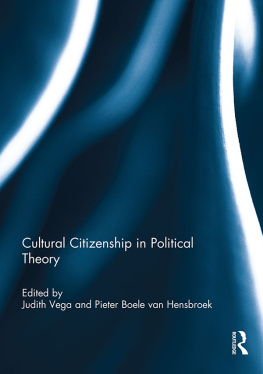
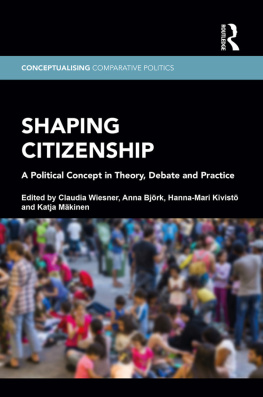
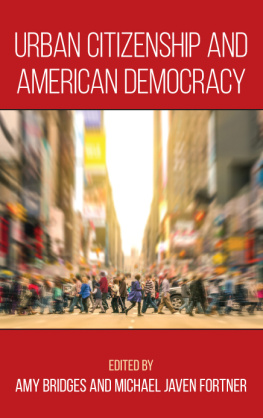
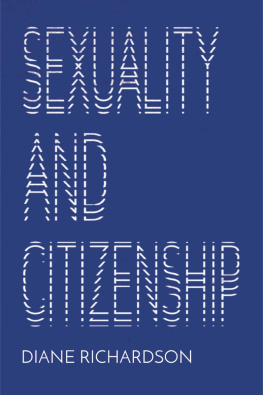
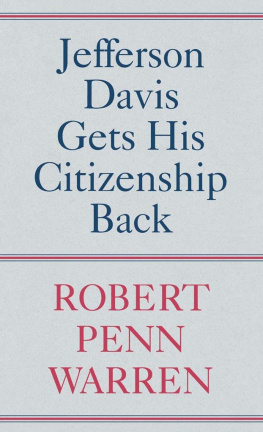

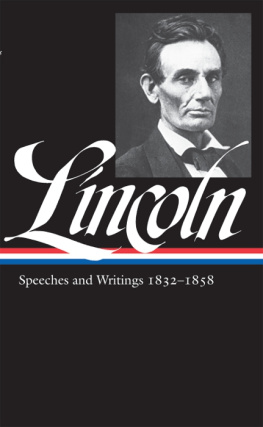
 This paper meets the requirements of ANSI / NISO Z39.48-1992 (Permanence of Paper).
This paper meets the requirements of ANSI / NISO Z39.48-1992 (Permanence of Paper).